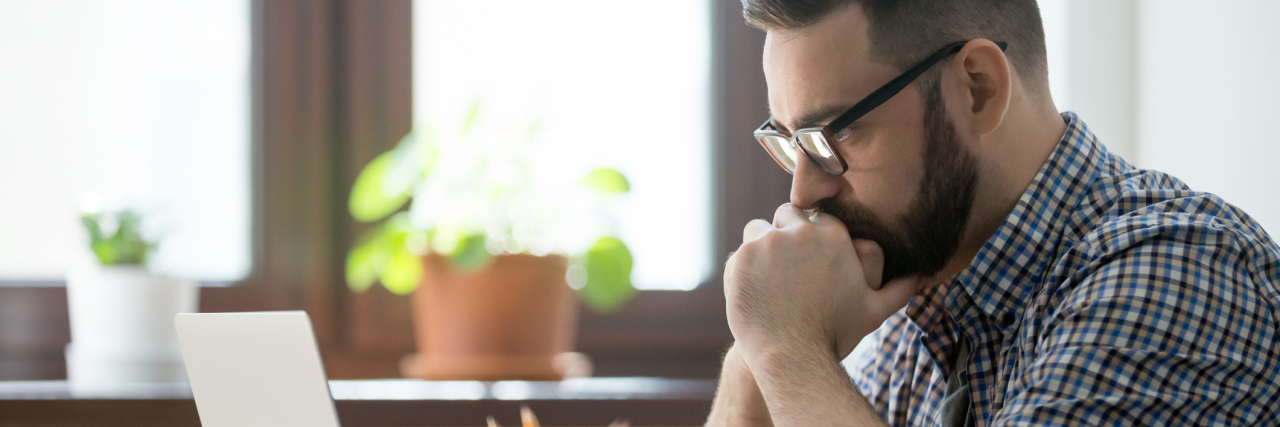I recently came across an article that talks about self care that is “cheap and easy.” It discusses how “cleaning your room,” “going for walks” and other seemingly simple tasks can go a long way in improving your overall mood and well-being. It reads as a get in touch with yourself, ground yourself in the moment and get in line with your feelings kind of article. Look at nature and take a walk. Savor the moments. Eat a good meal. Exercise. So light and breezy, anyone can supposedly do it.
I heartily disagree.
The author goes on to talk about self-care and the things she picked up on during a rough patch. She talked about small mental exercises. I want to look at these points separately.
For me, cleaning your house is not self-care. That is part of being an adult. I don’t believe maintaining your living space and washing your body ought to be considered self-care for a “normal” person. When you have someone who has a chronic illness, especially when you have dizzy spells or energy issues, then bathing would be a form of self-care because it would be a task that requires a lot of effort. The author feels like she is trying to convince herself, and the article seems to shift topics often.
A friend of mine with Lyme disease explains what self-care is really like in the following quotes:
Self-care for me is saving my money so that I can spend on one hour of Skype with a natural doctor in Canada so that I could help my body recover from Lyme disease and lupus.
Self care for me is spending $100 a month to have someone come in and clean my bathrooms because I literally cannot physically clean my own bathrooms.
Self-care for me is actually going out and working that part-time job in that dress boutique so that I can be happier by encouraging other women to feel good. And in turn, I make a little bit of money so that I can save up to see the doctor and to have my bathrooms cleaned.
Self care for me is also the hard part of asking people to help me do things, because I can’t do them alone by myself. Or because I get overwhelmed in trying to do them by myself.
I believe that when you perpetuate the notion of self-care in a flippant, valley girl almost, way of “it’s so easy!”, it hurts those who cannot do those basic things. I understand that this article is not directed to people who struggle with chronic illness or mental health issues, but it is dangerous to paint everyone with a broad brush. Making a stereotype of self-care as being “cheap and easy” results in either people who these efforts don’t work and it becomes a bigger issue, or, if you just “did these five easy steps” you would have a better life. What happens when these steps fail and the judgment comes? I fear that path.
As to the second part of changing mental habits, I agree with the psychologist featured in the article I read when she says that when we don’t have good habits, they are replaced with bad ones. From my perspective, it is very easy to fall into bad habits with chronic illness. Trying to feel mentally positive when you are fighting each day to do basic things is difficult to an extreme. These changes can improve your outlook, but they can’t change the facts of what your body is going through.
This can also lead to a sense of looking healthy on the outside (“You are so positive and happy on the outside, so you must be better”) but still be going through an immensely difficult time on the inside. People become less inclined to believe that you are actually sick. You are trying so hard to put on a face and not be the person that no one wants to be around due to your illness that it turns into a real issue when symptoms manifest themselves in a terrible way. This results in “I thought you were getting better?” or “You must be exaggerating/faking.”
I feel the dangers are real when self-care is perpetuated in such a simple fashion. Can small changes in outlooks help relieve some stress? Yes. Can everyone do such actions? No, they cannot. It is not “cheap and easy” for everyone to do self-care.
Follow this journey on My Stuffed Little Therapy.
This story originally appeared on the author’s blog.
Getty image via fizkes.

